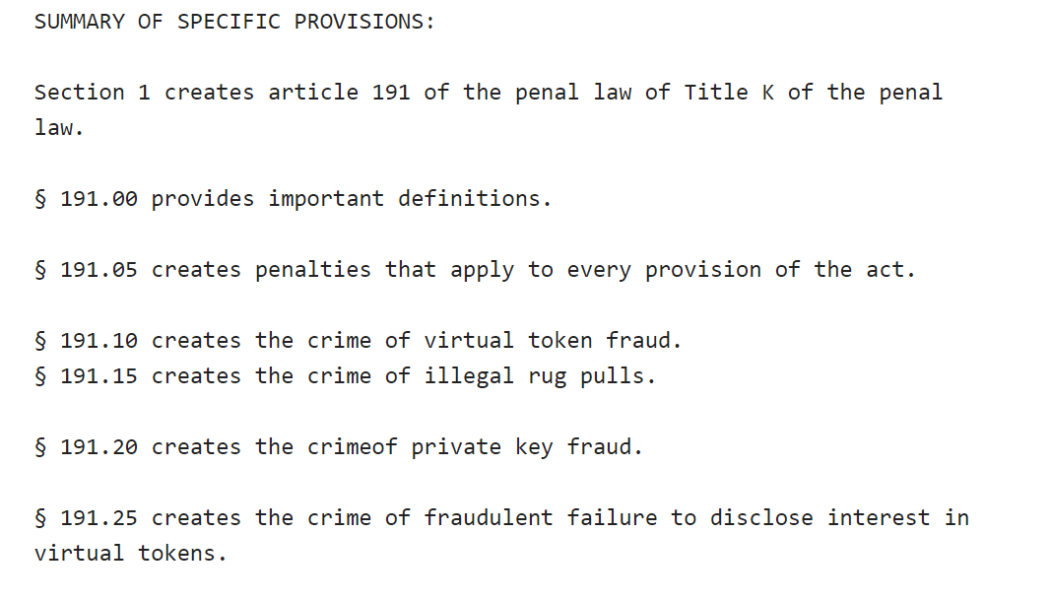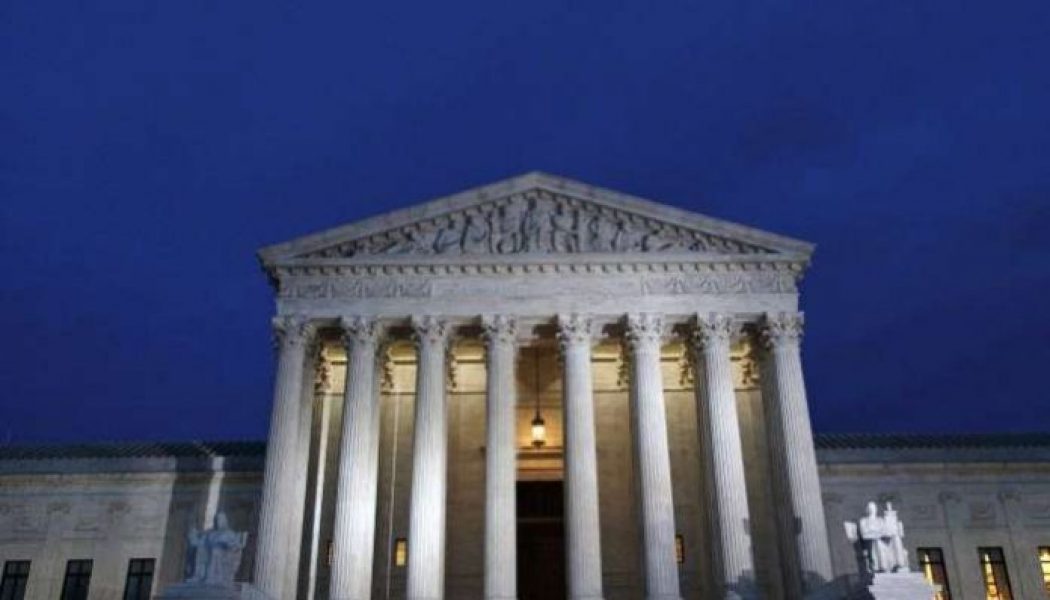New York State
New York sued by environmental group after approval of crypto mining facility: Report
The New York Public Service Commission (PSC) was sued by environmental activists on Jan. 13 for approving the takeover of a cryptocurrency mining facility in the state. According to The Guardian, the state Public Service Commission (PSC) is responsible for regulating public utilities, and authorized in September 2022 the conversion of the Fortistar North power plant into a crypto mining site. The facility is located in Tonawanda, a city less than ten miles from Niagara Falls, and was set to be taken over by the Canadian crypto mining firm Digihost. Plaintiffs claim that the approval violates New York’s climate law of 2019. The Climate Leadership and Community Protection Act (CLCPA) sets the goal of reducing 85% in statewide emissions by 2050, and zero-emissions electricity by 2040, a...
New York state releases guidance for issuing dollar-backed stablecoins
The New York State Department of Financial Services (DFS) on Wednesday released regulatory guidance for U.S. dollar-backed stablecoins issued by DFS-regulated entities. According to a DFS statement, it is the first regulator in the United States to impose such expectations on a stablecoin issuer. The requirements in the guidance concern redeemability, reserves and attestation. They state that a stablecoin must be fully backed by reserves as of the end of every business day and the issuer must have a redemption policy approved in advance in writing by the DFS that gives the holder the right to redeem the stablecoin for U.S. dollars. Furthermore, the issuer’s reserves must be segregated from its proprietary assets and consist of U.S. Treasury instruments or deposits at state or federall...
Law Decoded: The difference between New York City and New York State, April 25-May 2
Last week, New York dominated crypto media headlines in very different ways. In New York State, the local Assembly voted in favor of the bill that would ban for two years any new mining operations that rely on proof-of-work (PoW) consensus mechanisms and use fossil fuel-generated energy. A temporary moratorium, which could be extended after the state’s Department of Environmental Conservation provides its assessments of the industry’s carbon footprint, marks the first major legislative attack on PoW mining on environmental grounds in the United States. The push mobilized the community — after digital asset advocacy groups rang the alarm on Twitter. Then, proponents of the ban had to endure three hours of a heated debate to narrowly pass the draft. There’s hope for an even tighter fig...
Go green or go home? What the NY State mining moratorium could mean for crypto industry
On April 26, the State of New York put itself at the forefront of the regulatory struggle with crypto, as its Assembly voted for a two-year moratorium on crypto mining operations that use energy generated by fossil-fuel power plants. Depending on how one looks at it, this development could either signal a new alarming legislative trend or a trigger that would accelerate the digital asset industry’s movement toward a more sustainable path. Moratorium with further evaluation The lower chamber of the NY state legislature, the Assembly, passed a bill that would put a two-year hold on any new mining operations using the proof-of-work (PoW) consensus mechanism, as well as on the renewal of existing permits. The bill, S6486D/A7389C, is marketed by its sponsors as a necessary act of complian...
NY Sen. Thomas proposes to criminalize rug pulls and other crypto frauds
New York State Senator Kevin Thomas introduced a new bill amendment request to establish certain offenses related to rug pulls and other frauds related to virtual token distribution, misuse of private keys and hidden interests in crypto projects. The bill drafted by Sen. Thomas, Senate Bill S8839, calls for defining, penalizing and criminalizing frauds specifically targeted at developers and projects that intend to dupe crypto investors. A snippet of Senate Bill S8839. Source: nysenate.gov Through the bill, Thomas seeks to provide prosecutors with a clear legal framework against crypto crimes that align with the spirit of the blockchain while combatting fraud. It calls for a law amendment that will imply rug pull charges on developers that sell “more than 10% of such tokens within fiv...











